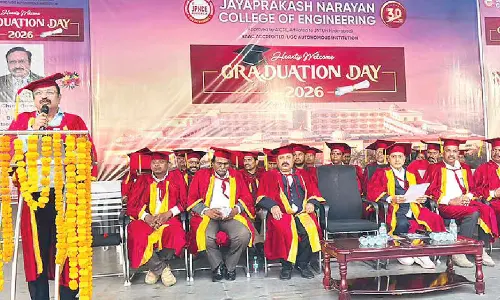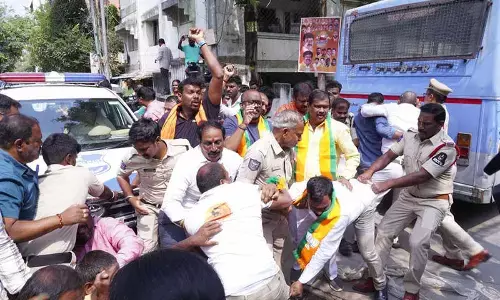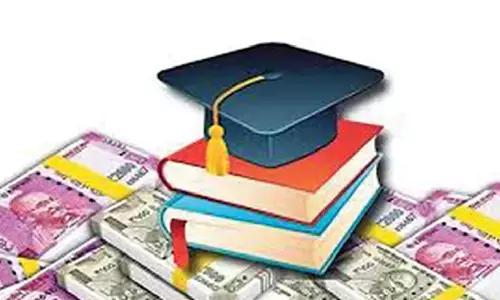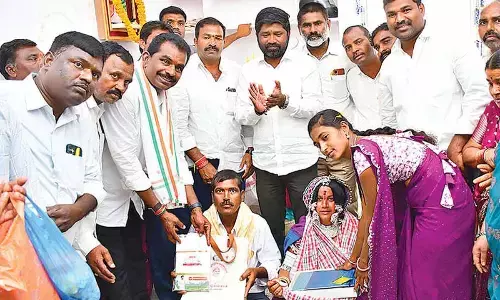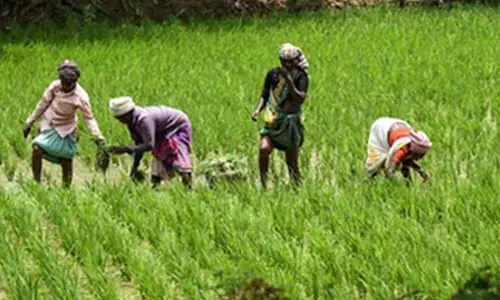GST panel seeks rate hike
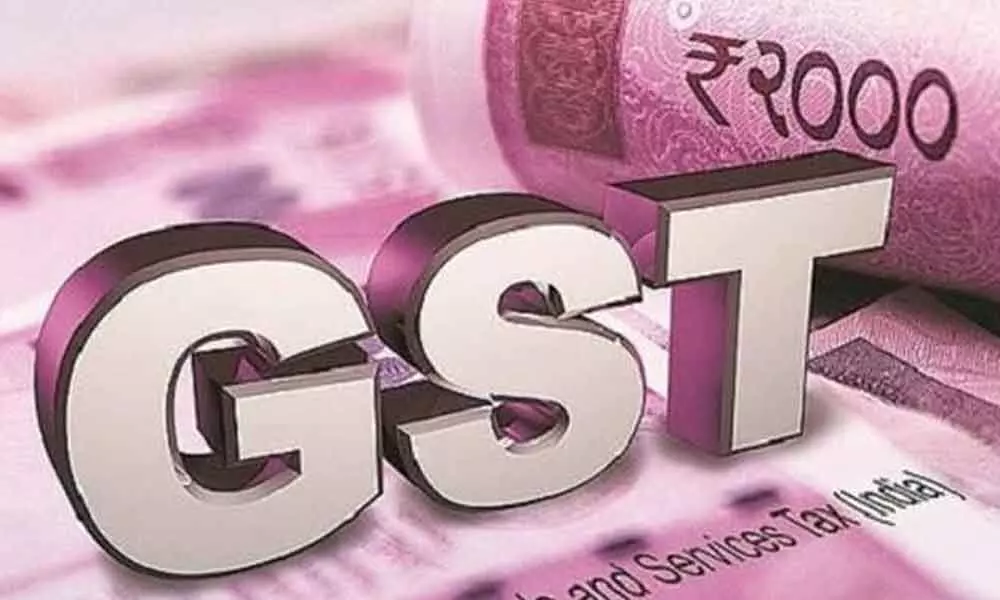
Full FY20 GST compensation given to States
Suggests trimming exemption list to boost revenues; If taken a decision, prices of food products, mobile phones may turn dearer; Compensation Cess gap reaching Rs 60,000cr for FY20
New Delhi: With expected GST Compensation Cess shortfall of over Rs 60,000 crore in the current financial year, a Committee of Officers has moved a proposal that includes suggestions from various stakeholders to boost revenue.
The suggestions include curtailing exemption list items and raising taxes on some of items. The Committee of Officers from the Centre and states, formed to review the Goods and Services Tax (GST), received various recommendations from stakeholders.
Among various suggestion received from stakeholders included selective taxation on education and health, sources said.
The committee, which made presentation before the GST Council on December 18, also contained recommendation pruning of exempt list for raising resources.
Meat, fish, eggs, honey, milk products, vegetables, fruits and dry fruits are some of the items that come under the exempt list.
Besides, the sources said the committee has suggested moving items from five per cent to 12 per cent and from 12 per cent to 18 per cent for items such as mobile phones.
The Panel is of the view that the GST Council should revisit rates on certain items that came down to 18 per cent from 28 per cent.
As of now, there are four slabs under the GST regime -- 5, 12, 18 and 28 per cent. Goods and services under the 28 per cent category also attract Cess over and above the rate, which ranges between one per cent and 25 per cent.
Suggestions were also received on procedural side, input tax credit, and widening tax deduction at source (TDS).
A number of suggestions, such as related to invoice, are under implementation, the sources said. However, the GST Council in the meeting last week decided to study the report of the committee before taking any view.
Probably, the next GST Council will have comprehensive discussion over the report.
According to a presentation made to the GST Council by the Panel, the compensation requirement for states is expected to be about Rs 1.6 lakh crore for the current financial year, at a growth rate of five per cent.
At this rate, the Cess gap will be 63,200 crore for 2019-20.
In a development with far-reaching implications, non-BJP ruled states after the GST Council meeting said that the Union government may be headed for a sovereign default as it has refused to assure them of paying on time the GST dues guaranteed to them through a Constitutional amendment.
The showdown between the Centre and states, which started with delays in the monthly payment of compensation to states for loss of revenue from the roll-out of the Goods and Services Tax regime, escalated into shedding of the consensual approach to decision making for the first time at the 38th meeting of the GST Council.
While Union Finance Minister Nirmala Sitharaman had reiterated her stand that the central government was committed to cooperative federalism, finance ministers of non-BJP ruled states such as Punjab and Kerala said she refused to give a categorical assurance that states will be paid compensation on time.


